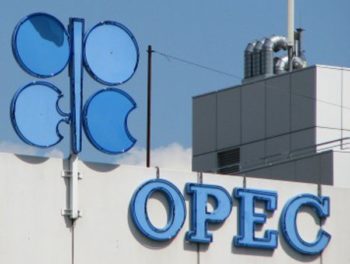
The Organisation of Petroleum Exporting Countries (OPEC) has revealed that Nigeria’s oil production is at a two year high, but that in itself may be a problem for the cartel and the country.
In its monthly oil market report for July 2017, OPEC said Nigeria’s oil output hit an average of 1.733 million barrels per day, according to secondary sources.
The last time Nigeria crossed the average 1.733 was late 2015, before the return of oil facility vandalisation in the Niger Delta. According to OPEC, the average for 2015 stood at 1.839 million barrels per day.
The Vienna-based oil cartel however added that the increase in production in Nigeria and Libya, was fuelling an oversupply, which has driven oil prices down by seven percent across the globe.
“A rebound in Libyan and Nigerian production added pressure to an already amply supplied Atlantic Basin due to a massive increase in US shale oil production, while demand from Asia was weaker on account of upcoming refinery maintenance and unfavourable arbitrage economics,” OPEC said.
“The prospect of increased supply also put some pressure on prices. Nigerian Forcados production ramped up quickly after it resumed in May, increasing to 250 tb/d, creating an overhang as supply surpassed demand.
“Floating storage also increased amid continuing oversupply in the crude market. Volumes of oil stored at sea are increasing not only around Singapore, but also in the North Sea, with ship-tracking sources indicating a build-up of floating barrels of around 7 mb to 9 mb.
“Oil futures contracts lost around 7% for the quarter on both sides of the Atlantic.”
Following the surge, OPEC is mulling the idea of calling on Nigeria and Libya to reduce oil output, in line with the oil cut deal reached by member and non-member states at its last meeting in Vienna, Austria.
A cut in Nigeria’s production will deal a heavy blow on the country’s 2017 appropriation act, which is benchmarked against a daily productionof 2.2 million barrels per day.
Copyright Ships & Ports Ltd. Permission to use quotations from this article is granted subject to appropriate credit given to www.shipsandports.com.ng as the source.